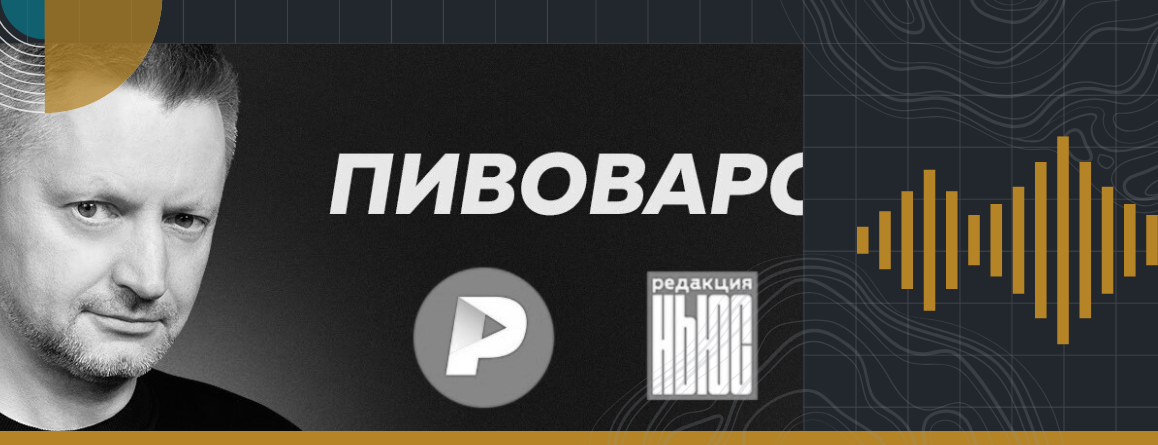Updated
December 01, 2024
We express grave concern regarding the recent arbitrary detention of journalist Alexey Pivovarov, along with his film crew from the project “Redaction,” and local journalist Feride Mahsetova in Nukus, Karakalpakstan. They were held in Main Department of Interior (GUVD) of Nukus. According to report they were invited for a ‘conversation’.
We are particularly alarmed by reports that authorities are demanding access to the journalists’ mobile phones for inspection. Journalists were also forced to transfer to the police two memory sticks with all of their material made during their stay in Uzbekistan. This raises significant concerns about the protection of journalistic sources and the confidentiality of communications.
The lack of official comments from relevant authorities and the silence on inquiries by other journalists further exacerbate our concerns regarding transparency and accountability within the Uzbek government.
At the same time, during the detention, journalists were lied to that the reason for this was a statement allegedly written to the film crew by a resident of the city, raising serious questions about the underlying motivations and the circumstances leading to their arrest. This is an attempt of the Uzbek authorities to avoid the widespread dissemination of information about the mass shooting of demonstrators in Nukus in July 2022 and arrests and persecution of the peaceful protesters.
This is also evidenced by the fact that police officers forced the journalists to show them the footage – who Alexey Pivovarov spoke to and what he had managed to film. During their trip the journalists also interviewed Renat Tajimuratov, brother and defender of Dauletmurat Tajimuratov, Karakalpak lawyer and human rights defender who was unjustly sentenced to 16 years in a maximum-security prison as a result of political persecution for his activism. His interview was among the materials confiscated by the Uzbekistan authorities.
‘It is important to note that Uzbek legislation has no concept of inviting someone to the law enforcement agencies for a ‘conversation’. Such invitations are a remnant of the Soviet repressive system, when anyone could be brought to the police or special services without having any legal grounds for doing so. This method is usually used to intimidate and gain illegal access to a person’s personal data, mobile devices, correspondence and the like. Such methods continue to be used by law enforcement agencies and intelligence services of all former Soviet countries – kleptocracies of Central Asia.’
Leila Seiitbek, Chairwoman, Freedom For Eurasia
During the detention, the journalists were unable to obtain legal assistance because the existing lawyers in Nukus who were contacted for assistance were afraid to take the case.
At around 9pm Uzbek time, the journalists were released, without the journalistic material they had collected.
The role of journalists is vital in a democratic society, and actions that threaten their safety and freedom undermine the public’s right to information. We stand in solidarity with journalists in Uzbekistan and urge the Uzbek government to uphold its commitments to human rights and freedom of the press.
In light of the above, we call on the international community to hold Uzbekistan accountable for such violations against journalists
